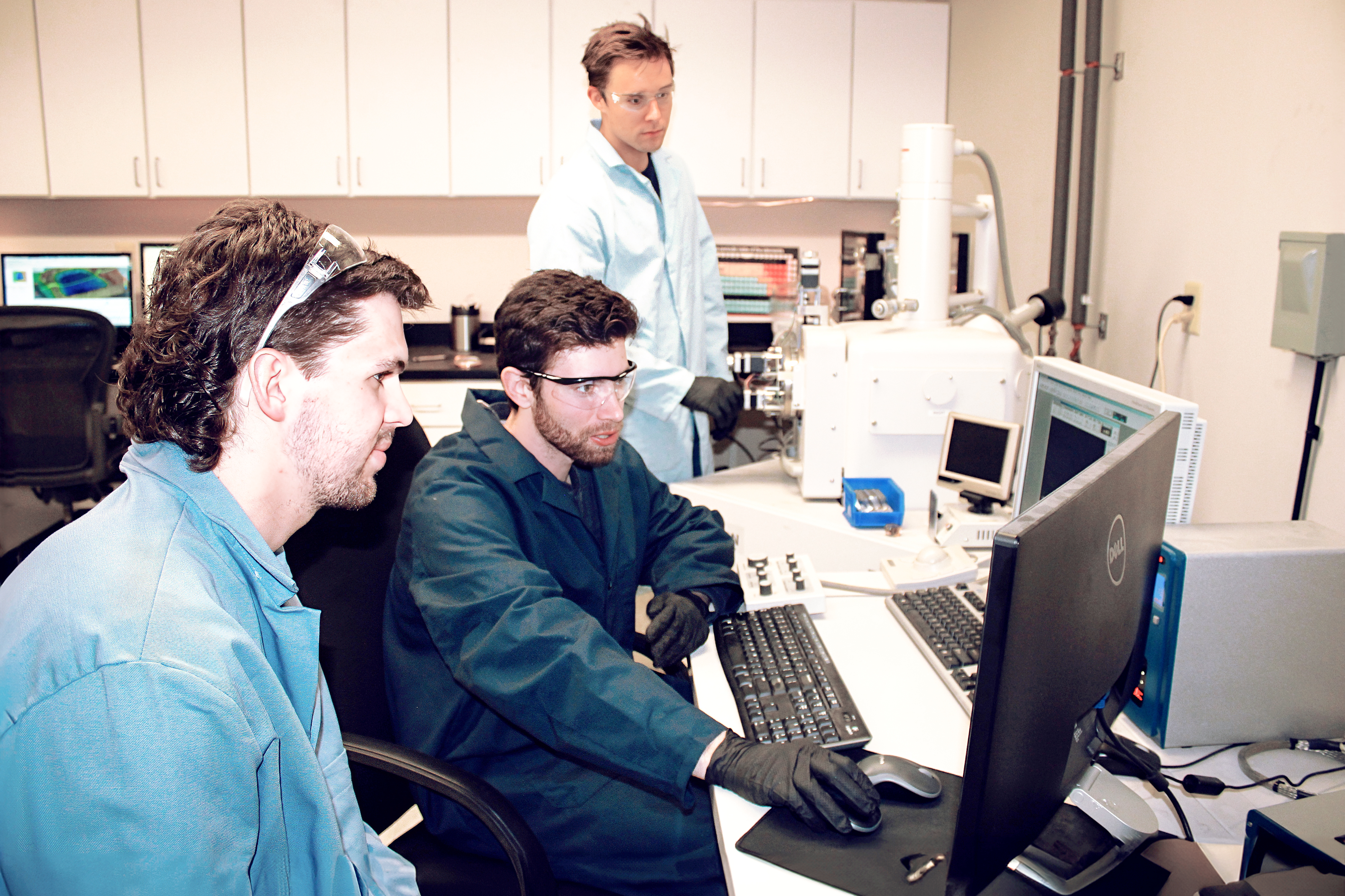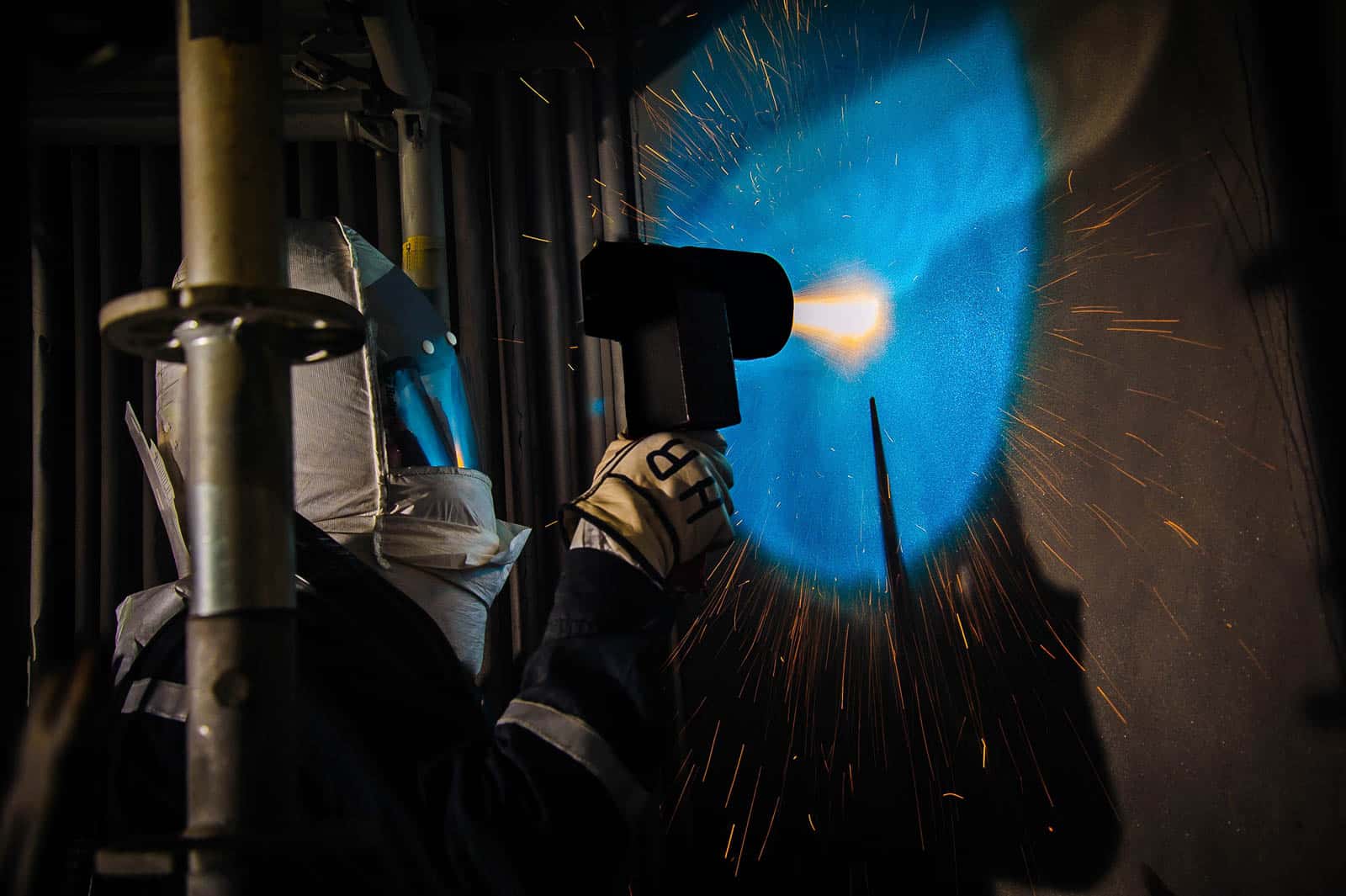Microbial-Induced Corrosion (MIC) Prevention With HVTS Cladding
Microbial-induced corrosion (MIC) is a form of electrochemical corrosion initiated and accelerated by microorganisms, particularly bacteria. This type of corrosion can cause significant damage to metallic structures, pipelines, and other industrial equipment, leading to substantial economic losses and safety concerns.

Mechanisms of MIC
Primary Contributing Microorganisms
- Sulfate-reducing bacteria (SRB)
- Iron-oxidizing bacteria (IOB)
- Acid-producing bacteria (APB)
- Metal-depositing bacteria (MDB)
MIC (microbially-influenced corrosion) often involves multiple mechanisms acting simultaneously or synergistically. The specific mechanisms depend on the microorganisms present, environmental conditions, and the metal substrate. Understanding these diverse mechanisms is crucial for effective MIC detection, prevention, and mitigation strategies.
Preventing MIC: Advanced HVTS
HVTS technology enables the rapid application of corrosion-resistant, high-nobility claddings in situ, providing immediate lasting protection.
Proven Durability and Performance
HVTS claddings have been extensively tested and proven to withstand the corrosive and erosive conditions commonly found in power, energy, and heavy industries. The high-velocity application process ensures excellent adhesion and coverage, creating a durable barrier against corrosion

Key Benefits of HVTS
No Risk of Application Failure
HVTS does not experience failures that result from field welding or organic coating application by general contractors.
Total Asset Life Protection
HVTS offers lasting protection and does not require frequent reapplication. Application by highly-trained IGS technicians ensures that the cladding will be durable.
Peace of Mind & Technical Benefits
Each cladding is engineered for its intended environment. Inspections during normal operation are possible to verify integrity.
Commercial Benefits
HVTS delivers superior results at a fraction of the cost of vessel replacement or weld metal overlay.
Technical Features:
- No Dilution
- No Pre- or Post-Heat Treatment Required
- No Metal Distortion
- Adhesion over 35 MPa
- No Environmental Controls During Application
- No Cure Time
- No Permeation
- No Pin Holes
Partner with Integrated Global Services
Whether you’re facing operational challenges, seeking to enhance your asset’s performance, or working to meet sustainability targets, our team of experts is here to help.
